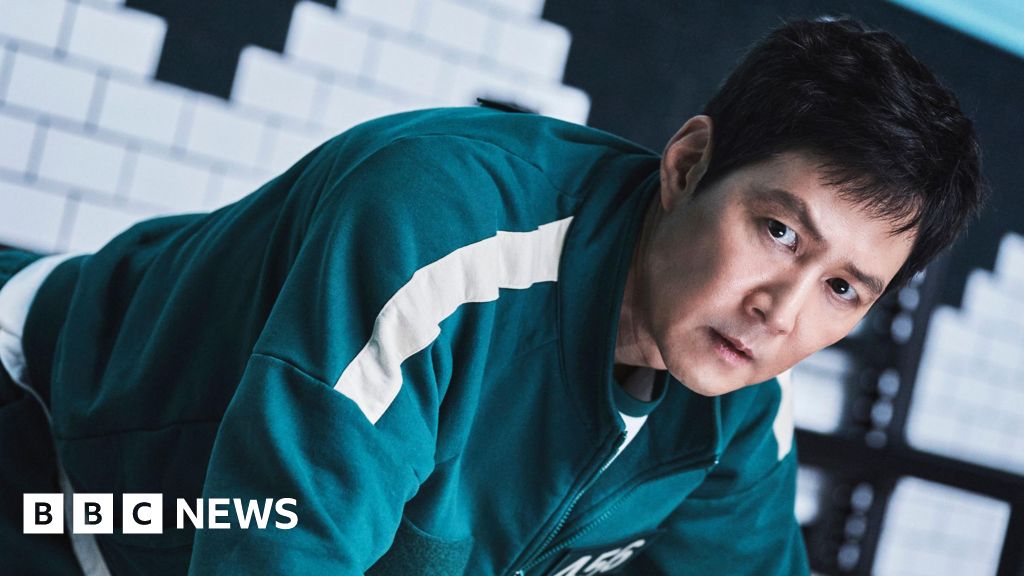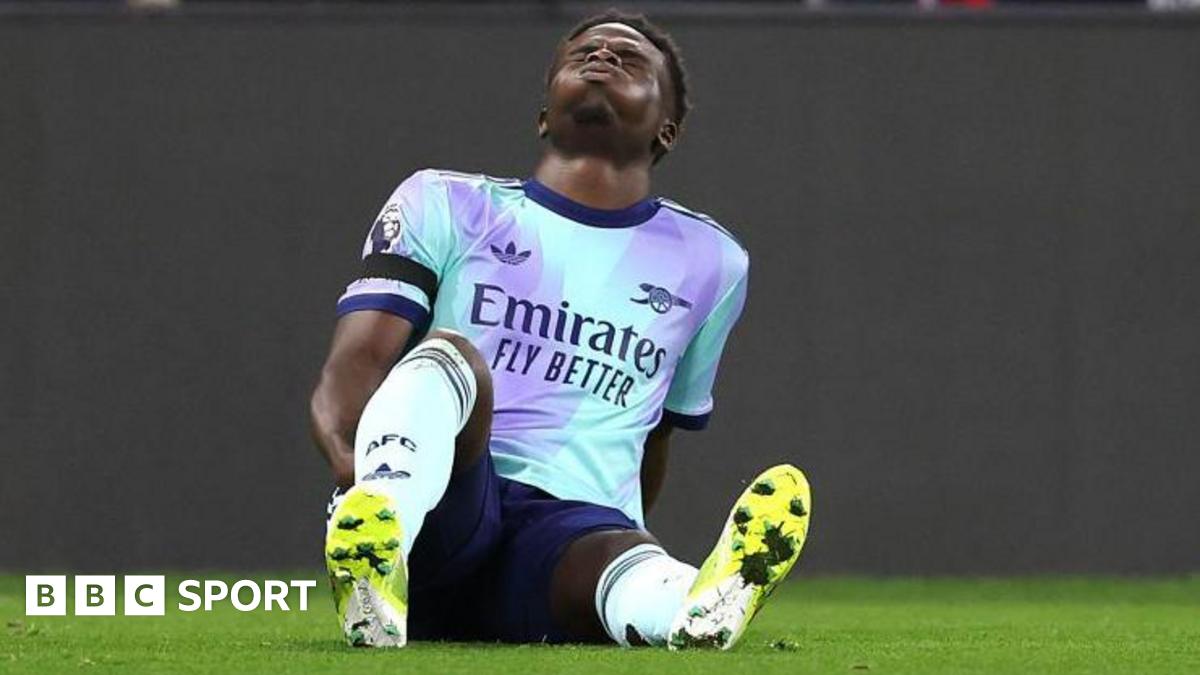
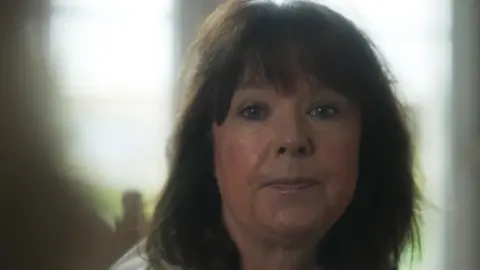 BBC
BBC
Rita Orr said she pleaded for two years to get extra support for her son, Callum
The mother of a teenager with severe learning difficulties says she was so desperate for help from social services that she felt she had “no option” but to drop him at school and not return to pick him up again.
Rita Orr says 15-year-old Callum, who also has autism, often had physical outbursts in which he would injure himself.
She told the BBC she spent two years pleading with the local health trust for more support, but when it didn’t come, she left Callum at school and contacted a social worker so he would be taken into emergency care.
The trust which is responsible for Callum’s care says it cannot comment on the case.
BBC Northern Ireland's Spotlight has spoken to mothers who are struggling to cope with sons whose complex needs can lead to aggressive outbursts – often leaving themselves and other family members injured.
The NHS used to supply respite care that would give those families a break of one or two nights per month.
But that care has been evaporating in Northern Ireland due to a number of factors – including the loss of facilities and an increasing number of children who have gone into full-time care.
Forty-four children with a range of disabilities have gone into care in Northern Ireland over the past four years.
Many of these cases were unplanned emergency placements.

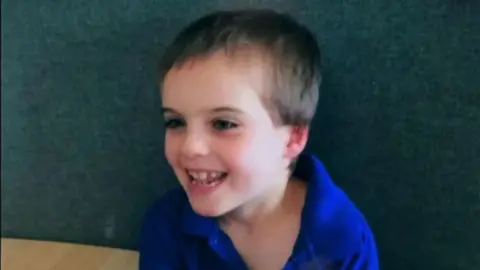 Rita Orr
Rita Orr
Callum, who is now 15, often had physical outbursts in which he would injure himself
'He put his head through the window'
Ms Orr says she lived with years of "dangerous behaviour" before making the decision to place him in emergency care earlier this year.
“It goes against everything I thought I would be as a mum,” adding she “yearned” for her little boy again.
“He put his head through our living room window and through another window in the house," she told BBC News NI.
On a trip to Crawfordsburn, Ms Orr said he hit his head on the back window of the car, shattering the glass and cutting his face and head.
“I’d never seen the likes of it before," she said.
"We pleaded and pleaded for help, and we were told there was nothing.”
"But that's the level of danger he was putting himself under."
Callum is now cared for by the South Eastern Health Trust.
Spotlight has learned there are currently no residential places for disabled children in two of Northern Ireland's health trusts.
Families are instead being asked to consider sending their children to residential facilities in other parts of the UK or the Republic of Ireland, at a cost of up to £20,000 a week of public money.
When distressed, some children with severe learning difficulties can injure themselves, their parents, or other family members during physical outbursts that they are unable to control.
In the past, families in these circumstances have been offered overnight respite at health trust facilities across Northern Ireland.
It allowed the children to be cared for in a safe and secure environment, while allowing their families a break from caring responsibilities.
However, many of those facilities are no longer available for respite as they are being used to house children who’ve gone into full-time care.

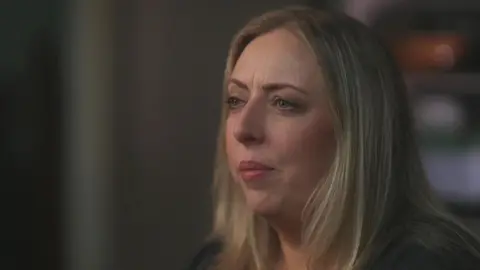
Julie Tipping has been unable to secure overnight respite for her son, Theo
Julie Tipping told BBC News NI she had been fighting to get more help and support for her 11-year-old son, Theo.
"I love him with all my heart but it’s so hard to watch,” she said.
“He’s quite a big boy, but when he’s really distressed like that and lashing out, it’s sore.
“He can really hurt you, not meaning to, of course, and there is a real fear about where this is going.”
Responsibility for Theo's care falls to the Belfast Health Trust.
In a statement, a spokesperson says it is very sorry that it is unable to offer overnight breaks, but that the trust is currently exploring ways of reintroducing them.
It added that it does all it can to provide support for autistic children.

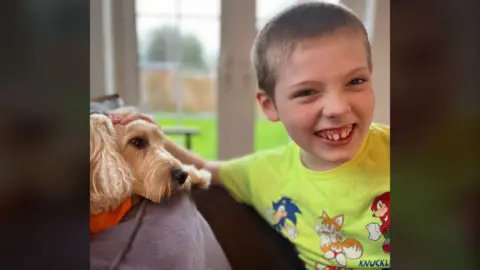 Julie Tipping
Julie Tipping
Julie's son Theo currently has no access to overnight respite services
Another mum told BBC News NI she had suffered cuts, bruising and had hair pulled out as a result of her 12-year-old son’s outbursts.
“I adore Danny so much," said Claire Miller.
"I feel absolutely terrible even discussing the injuries and the behaviour we have to live with, but you feel like you’ve been shouting and screaming for help and nobody’s listening."

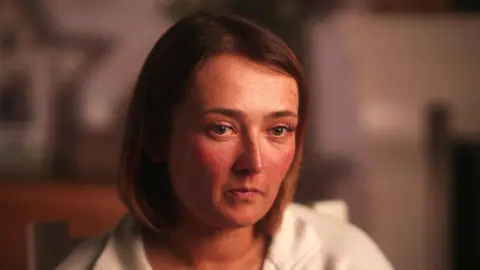
Claire Miller's son Danny has been unable to access overnight care packages
Ms Miller's son receives some after-school support from the South Eastern Health Trust, which said it could not offer respite because beds were being used by children who need long-term placement.
In a statement the trust said it understood the pressure placed on families, adding that it hoped future funding might provide for respite.

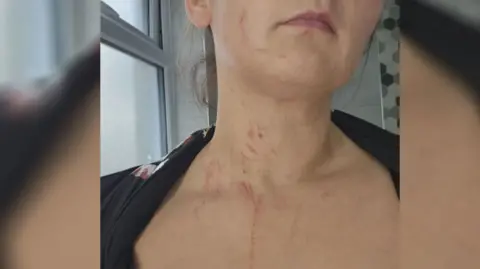
Claire has documented some of the injuries she has sustained
Some families in Northern Ireland have mounted legal action in a bid to secure additional overnight care for their children.
Solicitor Eamonn McNally said even those which were successful were failing to provide meaningful change.
“It’s very disappointing for us at the Children's Law Centre because we bring the case with the idea that it'll improve the system for all children," he said.
“But the answer has just been, 'ok, you've got your declaration; we admit that we are wrong', but no service has been produced on the back of these."
“There are so many children now needing a residential placement, so many families that we go to meetings with, that have been offered the out of jurisdiction [option].
Mr McNally said the cost of providing that care somewhere else would be "colossal".

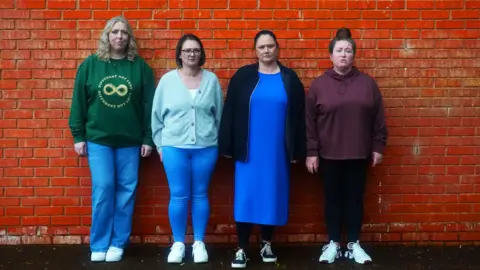
Four mothers who spoke to BBC Spotlight say they are struggling to get the support they need to care for their sons
Shirelle Stewart, NI Director of the National Autistic Society, said she was worried about the consequences of parents managing difficult behaviour at home alone.
“I think it feels really, really dangerous because you can't, on the one hand, assess somebody as needing that level of support and then not provide it," she said.
“So, it is a danger. It’s a danger that’s being managed in the community.”
In a statement to Spotlight, Health Minister Mike Nesbitt said the current situation was “unsustainable”, adding he was determined to see “urgent improvements”.
But his department added that the number of children needing disability care is growing.
- Spotlight: I Am Not Okay is on BBC One NI on Tuesday at 22:40 BST and is available on BBC iPlayer.

 2 months ago
17
2 months ago
17



